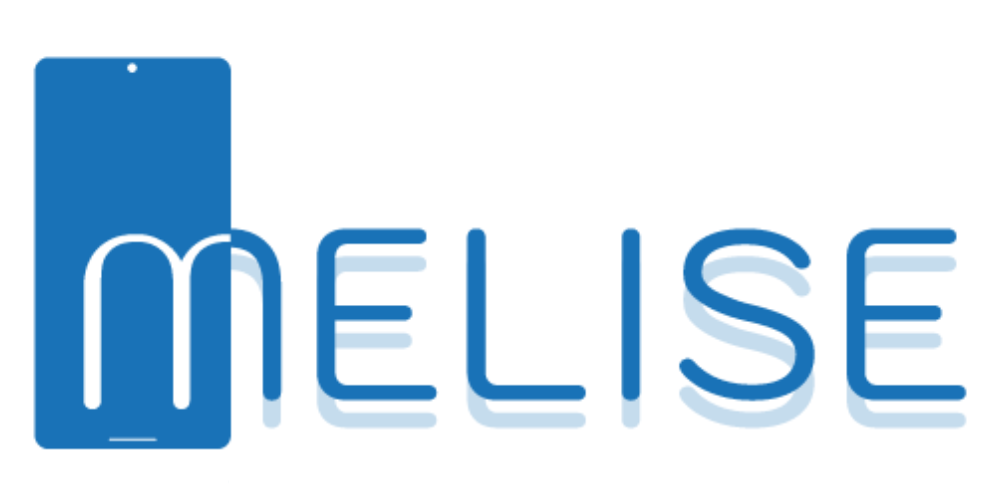Concept and objectives
Media literacy is an essential part of our modern society. The ability to access, analyse and evaluate media messages, and to create and share media content effectively, is now more necessary than ever. As technology advances, the number of media platforms available to people increases. In this scenario, older people face a number of challenges related to digital technology. A number of factors limit or hinder their use, such as unfamiliarity with digital technology, cognitive impairments, sensory disabilities, sometimes limited access to technology or the internet, and fear of being scammed.
This digital divide among older people can have a negative impact on their overall well-being. On the one hand, older people who are not digitally literate are at a disadvantage when it comes to accessing information, which can lead to social isolation and lack of engagement with current affairs. On the other hand, older people who are digitally literate are more likely to engage with their communities, participate in social activities and maintain cognitive function. Media literacy education can play a crucial role in bridging this digital divide. It can enable them to navigate the digital landscape, access relevant information and critically evaluate media messages. In addition, media literacy enables older people to create and share their own media content, which can be a valuable tool for self-expression and social engagement.
So we see that media literacy is a constantly evolving field. The MELISE project is linked to the need to be prepared to respond to the changing media landscape. It is committed to the development of critical media literacy skills in relation to the following issues
- Critical thinking: this is a fundamental component of media literacy and involves questioning the authenticity, accuracy and reliability of media content. This includes evaluating sources, checking for bias and verifying facts.
- Digital citizenship: This involves understanding and applying ethical and responsible behaviour when using digital media. This includes respecting privacy, staying safe online and actively participating in digital communities.
- Social networking: Social media has become a pervasive force in our lives. Media literacy programmes need to teach people how to navigate social media effectively. This includes understanding privacy settings, identifying fake news and misinformation, and recognising the impact of social media on mental health.
On the basis of the above, the MELISE project aims to achieve the following general objectives
- Preventing disinformation: With the rise of fake news and disinformation, it is crucial to be media literate in order to distinguish between reliable and unreliable sources of information. Older people can be particularly vulnerable to misinformation due to their limited exposure to digital media and lack of familiarity.
- Avoid scams: Older people are often targeted by scammers who use digital media to deceive and defraud them. Media literacy can help older people identify and avoid scams.
- Communication: Knowing how to use social networking and messaging apps can help older people stay connected.
- Improving mental health: In today’s world, it is important to understand the consequences of misusing digital technologies and to learn how to use them ethically and responsibly.
In order to work towards these goals, the MELISE project has the following specific objectives
SO1. To help media literacy practit
ioners adapt their practices to the rapidly changing media landscape and consumption patterns. To this end, this web platform will facilitate the exchange of high quality content, provide a permanent forum for media literacy trainers to share knowledge and experience, and promote best practice for older people.
SO2. Develop inclusive and diverse learning resources, tools and educational materials for older people. This will promote their critical media literacy and enable them to recognise and respond appropriately to misinformation.
SO3. Increase the capacity and expertise of media literacy professionals to teach older people, thereby promoting a more inclusive society.
SO4. Strengthen cooperation and collaboration between partnerships to develop complementary activities based on shared knowledge, good practice and common synergies. The aim is to promote a pan-European consortium that extends media literacy tools and good practice across national, cultural and linguistic boundaries.
To increase the visibility of the CREA programme by disseminating the results and achievements of the project.
